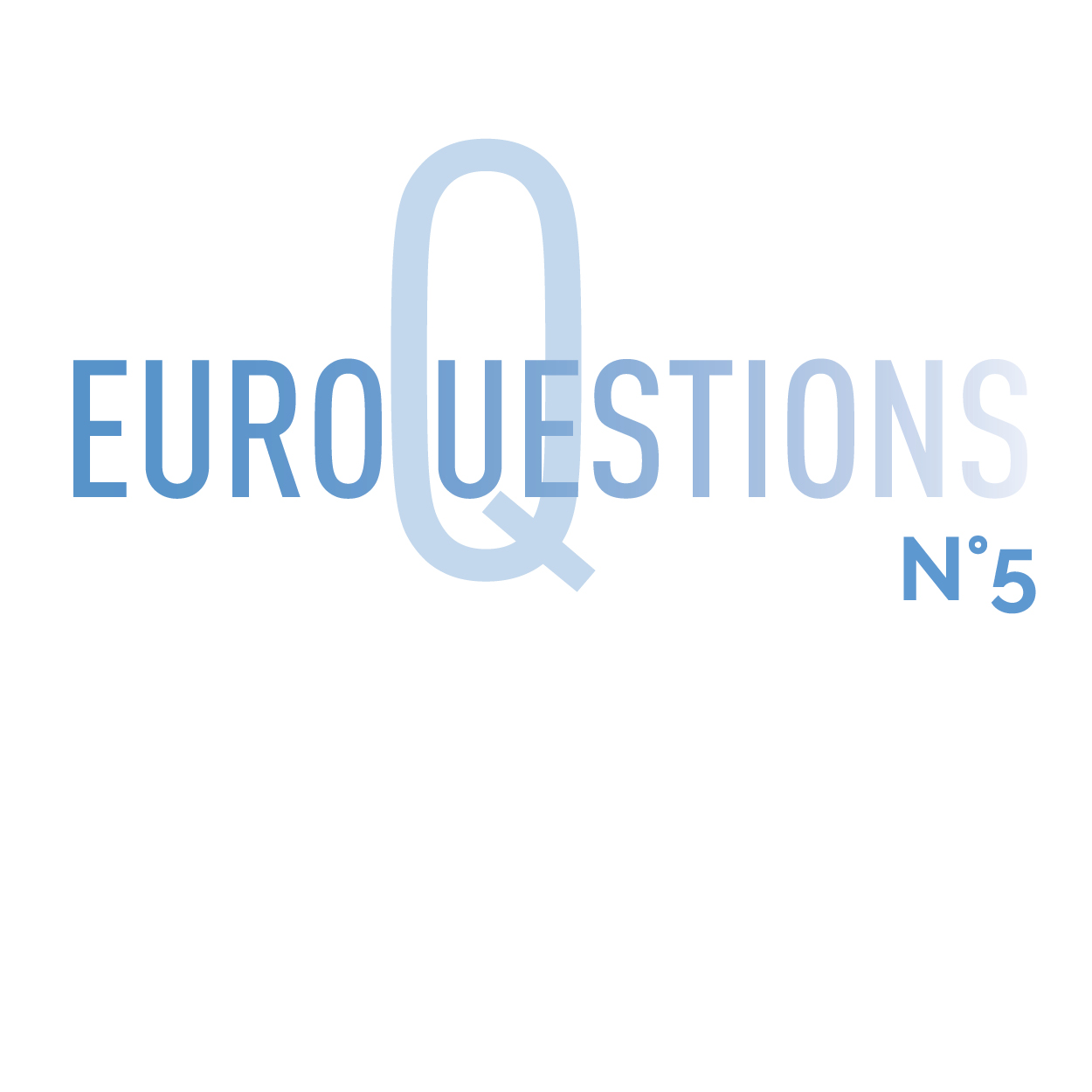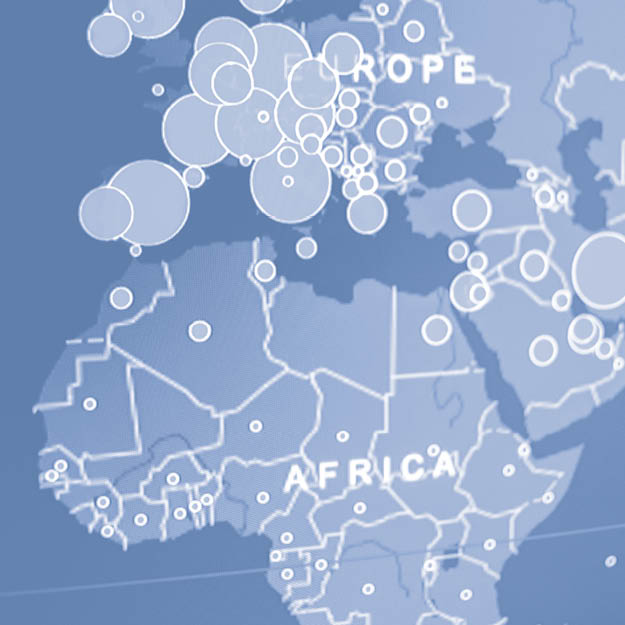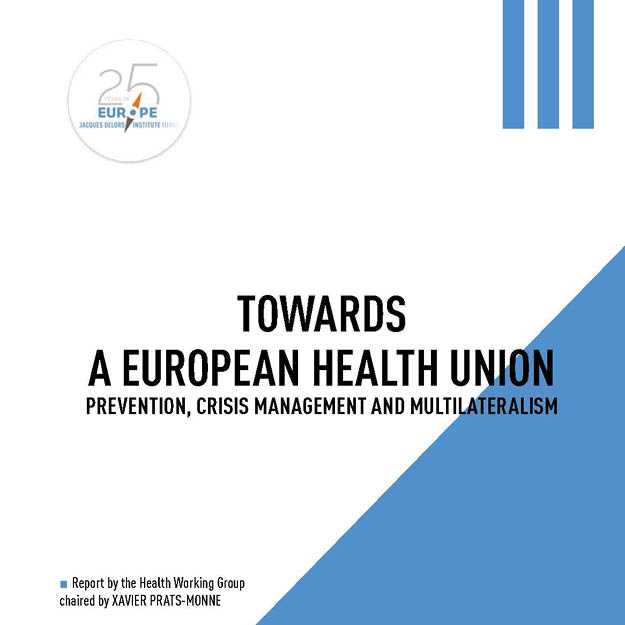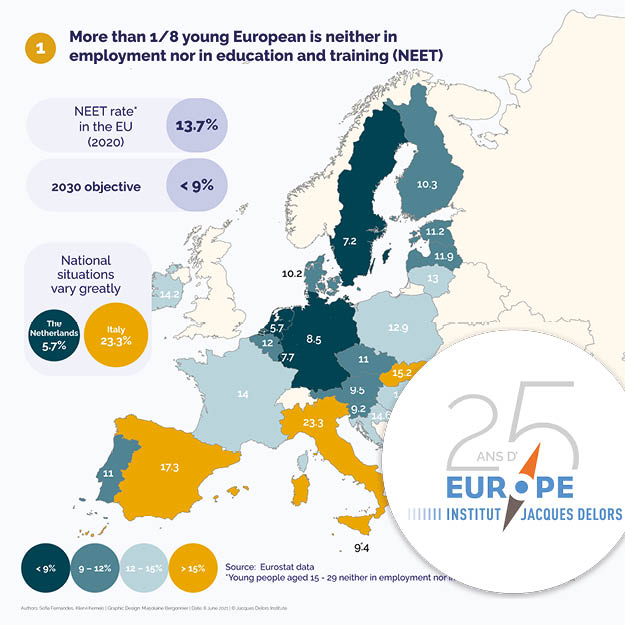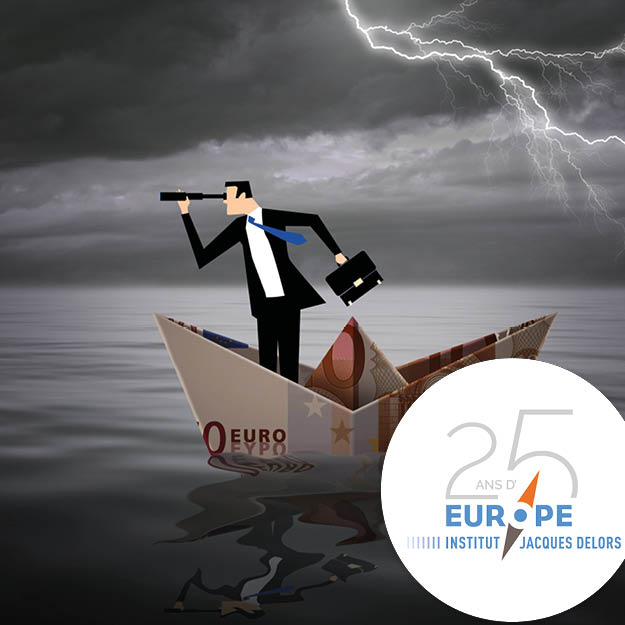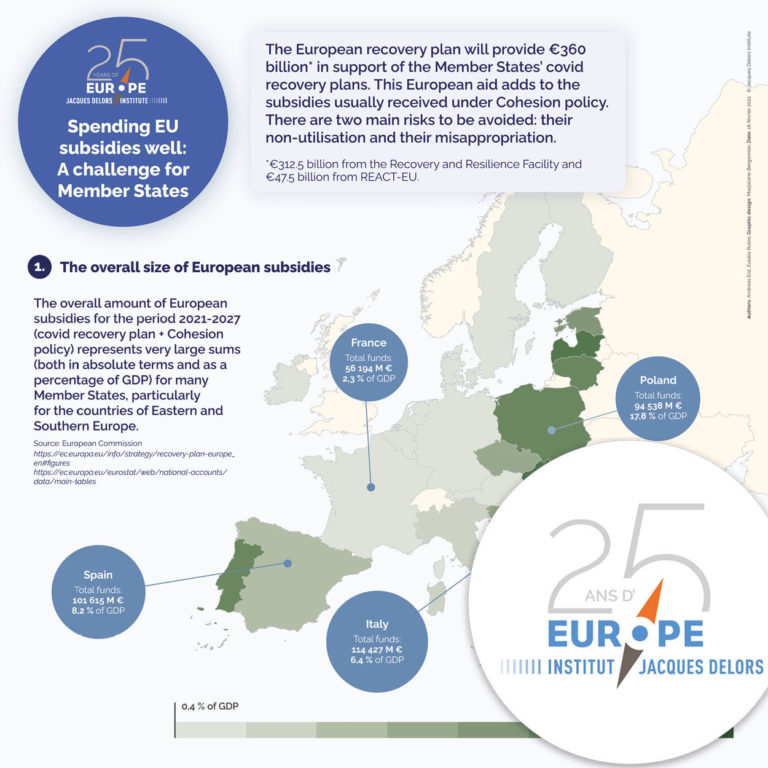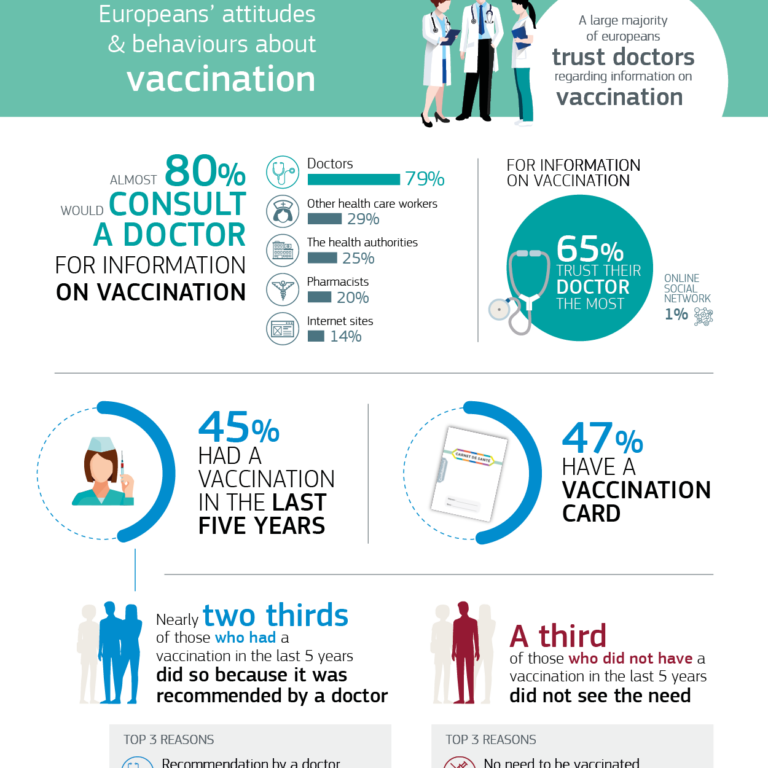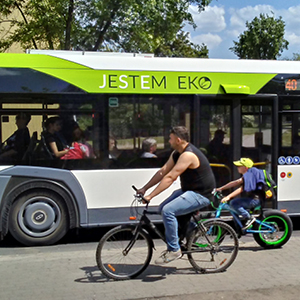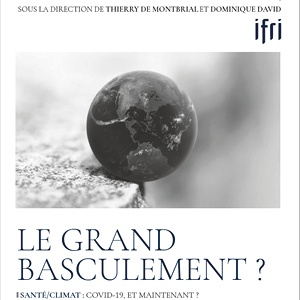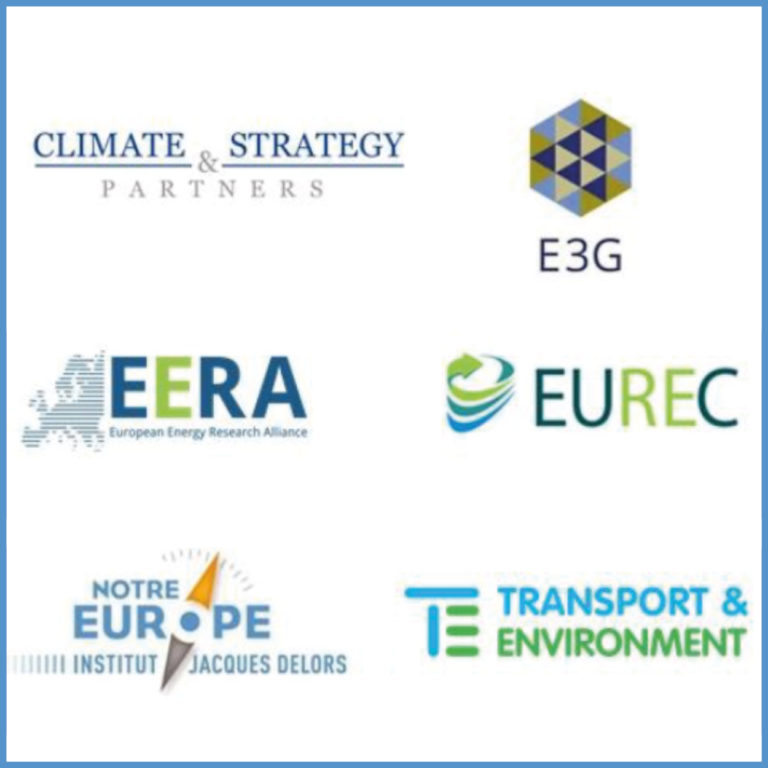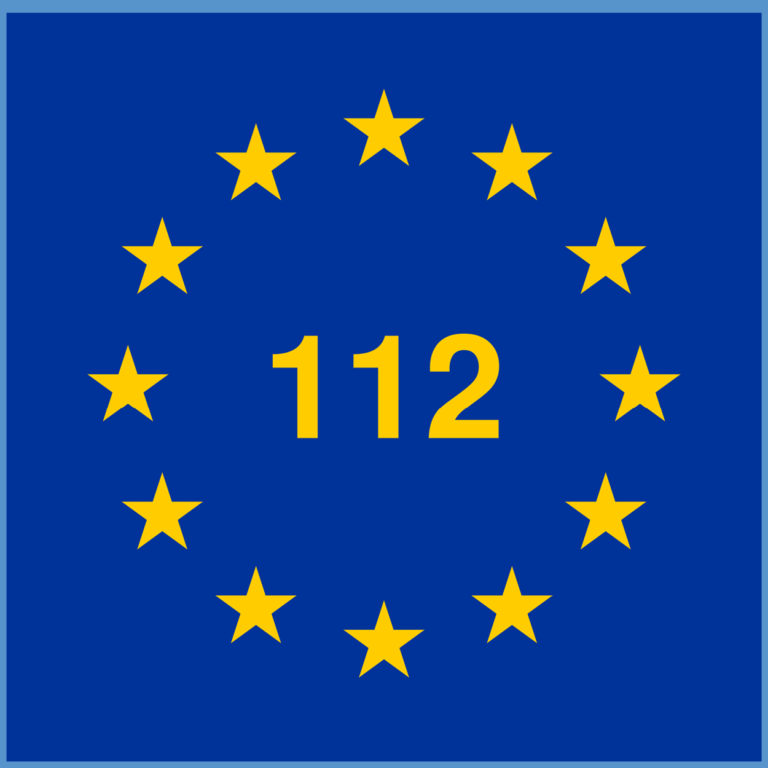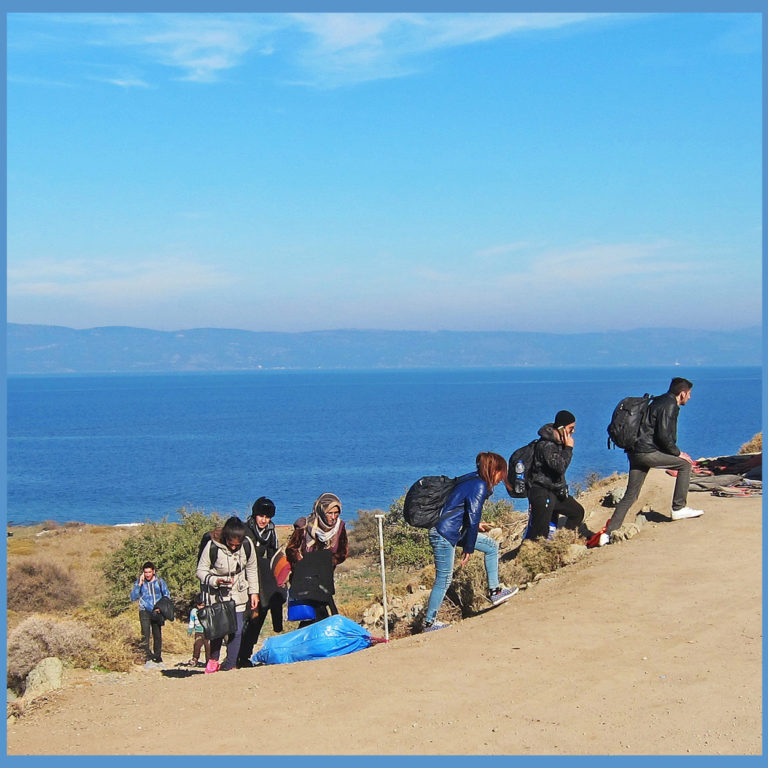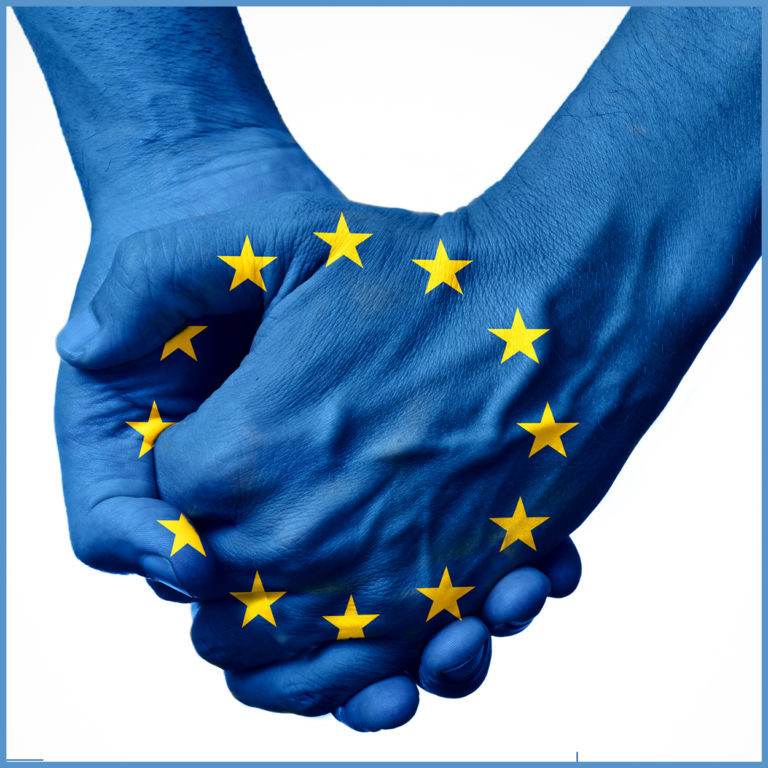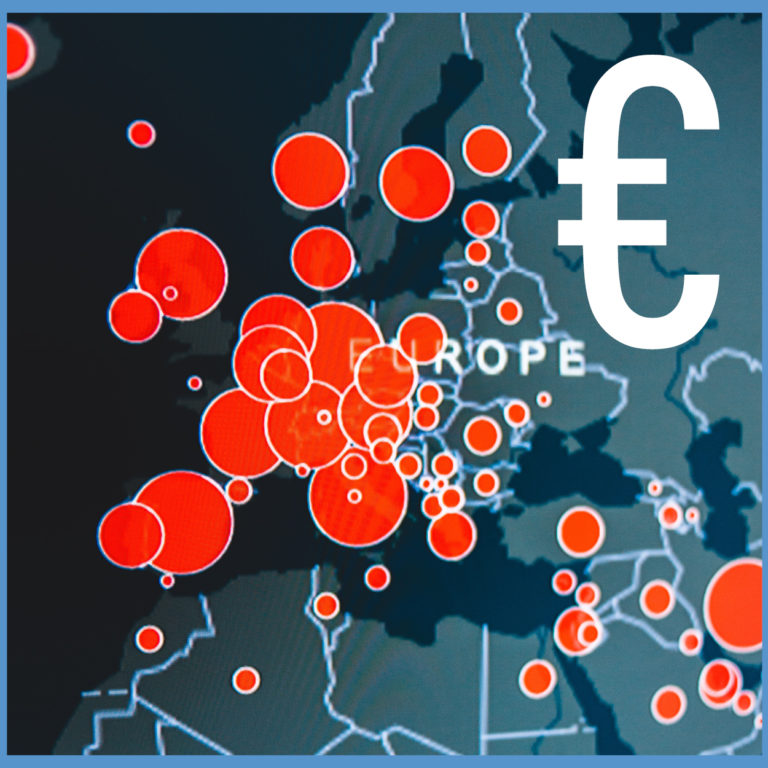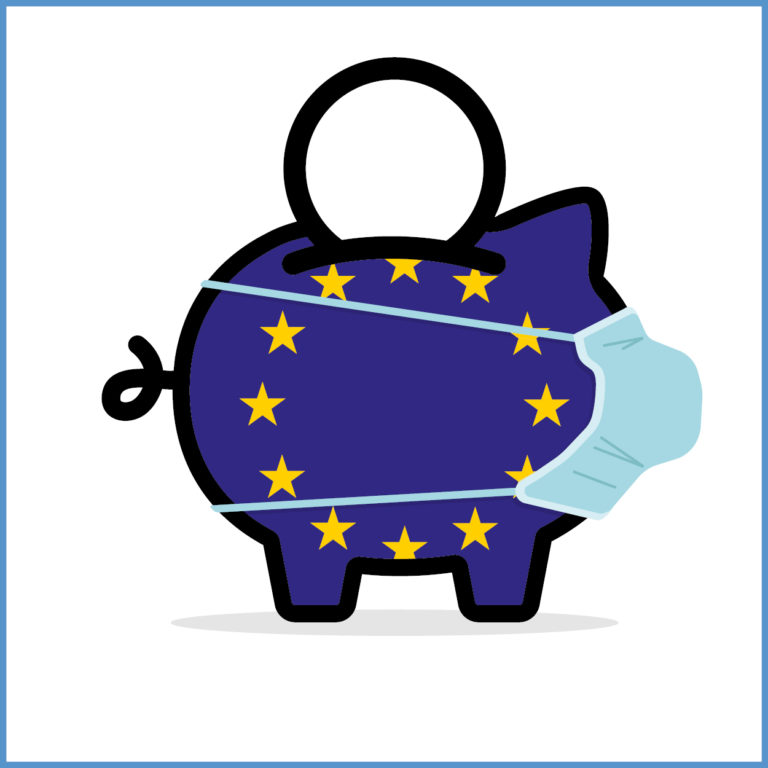The rule of law conditionality has become a thorny issue in the negotiations of the EU’s €1.8 trillion budget and coronavirus recovery package. After the fourth round of negotiations the Council and the European Parliament seem to be close to a deal but there are still disagreements on issues like the voting rule to adopt sanctions.
Besides, the outcome of the negotiation may be opposed by Hungary and Poland, who have threatened to veto the recovery fund if they are unhappy with the agreement.
Our Senior research fellow, Eulalia Rubio, will present the state of play on this issue, discuss the possible outcomes of the negotiations and the implications for the adoption of the overall recovery package.
REVOIR LA VIDEO
The rule of law conditionality has become a thorny issue in the negotiations of the EU’s €1.8 trillion budget and coronavirus recovery package. After the fourth round of negotiations the Council and the European Parliament seem to be close to a deal but there are still disagreements on issues like the voting rule to adopt sanctions.
Besides, the outcome of the negotiation may be opposed by Hungary and Poland, who have threatened to veto the recovery fund if they are unhappy with the agreement.
Our Senior research fellow, Eulalia Rubio, will present the state of play on this issue, discuss the possible outcomes of the negotiations and the implications for the adoption of the overall recovery package.
REVOIR LA VIDEO
En ligne
SUR LE MÊME THÈME
ON THE SAME THEME
PUBLICATIONS
An ambitious plan without adequate financing?

Europe, a partner to anti-COVID vaccination in Africa

From words to action

TOWARDS A EUROPEAN HEALTH UNION

EUROPEAN PUBLIC OPINION IN A TROUBLED 2020

Young people facing the crisis: bouncing back with the EU

COVAX: Europe put to the test of global vaccine solidarity

European Union governance in response to crises

Spending EU subsidies well:
A challenge for Member States

A European vaccine passport? A healthy debate

Europeans facing vaccine hesitancy

A new European Health Agency ? For what ?

Greening EU Trade 4:
How to “green” trade agreements?

Framing the state aid debate for the post-covid era the Brexit challenge

SURE or the EU to aid European workers

Building a clean mobility system in times of COVID-19

The new political economy of Brexit

Trade in pandemic times

Crisis Notebook

Jacques Delors Institute supports letters to EC Vice Presidents

An ambitious recovery budget, tough negotiations ahead

CRISIS NOTEBOOK

CARNETS DE CRISE

Le covid-19 remet-il en cause l’Europe de la défense ?

Judges vs. technocrats

The race for a Covid-19 vaccine :
A major challenge for Europe

The EU budget and COVID: We need a “plan B”

Covid-19: the urgent need for stricter foreign investment controls

Covid-19 and the Mobilisation of Public Development Banks in the EU

COVID-19 Crisis: An Occasion to Accelerate the Transition Towards a new Development Model ?

The EU facing the coronavirus:
A political urgency to embody European solidarity

SURE : A welcome LYNCHPIN for A European unemployment re-insurance

The health crisis should not eclipse the migration crisis

Solidarity within the Eurozone :
how much, what for, for how long ?

Health: a highly perfectible added value for the EU

Tackling the coronavirus crisis:
how can the EU budget help?

Fiscal policy-making in the time of Coronavirus

“We need a global alliance
against the virus”

Coronavirus krach financier et krach politique

Corona: A European Safety Net for the Fiscal Response

Rule of law conditionality

MÉDIAS
MEDIAS
La bataille des subventions menace l’unité de l’Europe

L’Europe de la santé : des avancées en façade, des réserves dans les faits

Pénurie de médicaments : les premières réponses de l’Union européenne










